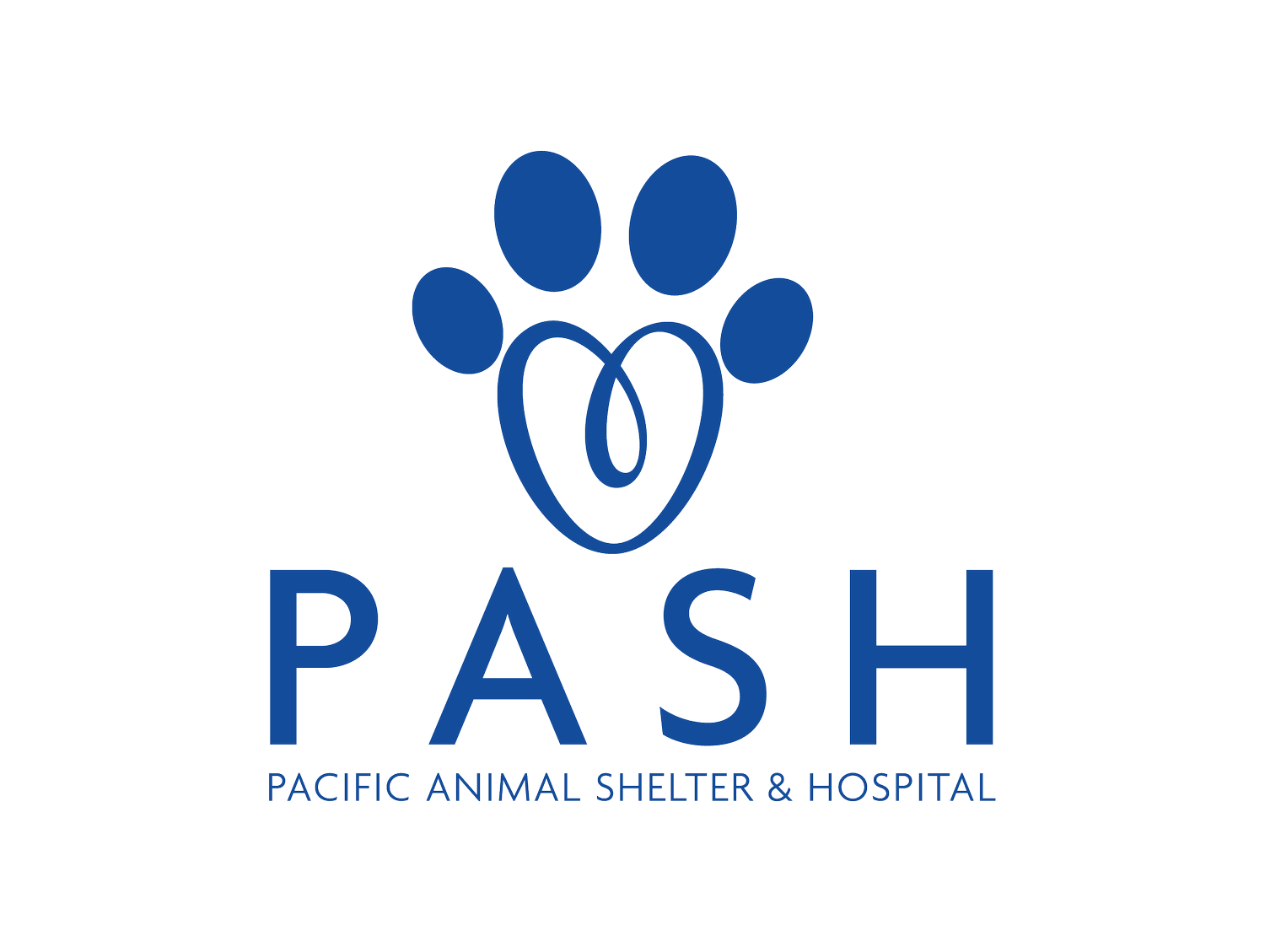Kitten Care Guide
Caring for a kitten in its first year of life is an important and rewarding responsibility. Read on to discover a handy guide for you to use for your new family member! This guide is intended solely for educational purposes and is not a substitute for professional veterinary advice.
VACCINATIONS
Vaccinations are essential for all kittens in the first year of life. Vaccination protects against feline viral diseases such as feline panleukopenia, feline calicivirus, feline herpesvirus, and feline leukemia virus. These diseases can be severe and potentially fatal, it is therefore crucial to ensure your kitten is vaccinated.
1st: 6-8 weeks
2nd: 10-12 weeks
3rd: 14-16 weeks
Adult booster: 12 months, then annually
Keep kittens away from unvaccinated cats and environments other cats have frequented until at least 2 weeks after their second vaccination to ensure adequate protection.
FELINE HEARTWORM PREVENTION
Start heartworm prevention before your kitten turns 8 weeks or at the time of their first vaccination. Heartworms are less common in cats compared to dogs, but they can still be a concern in some areas. A preventive medication recommended by your vet will help keep your kitten protected.
WORMING - INTESTINAL
Worm kittens every 2 weeks until 12 weeks of age, then monthly until 6 months of age, and then every 3 months for life. Intestinal worms can cause symptoms like diarrhea, weight loss, and a bloated abdomen. Regular deworming is essential for keeping your kitten healthy and to prevent transmission to humans.
CONTROL FLEAS AND TICKS
Fleas, ticks, and mites can cause skin irritation and other issues for kittens. Fleas and ticks are visible on the skin, while mites burrow into it. The most effective control is a monthly topical treatment or oral medication recommended by your vet. For a more affordable option, a flea and tick spray can be used as needed. Regular baths with a flea-specific shampoo can help control infestations, as general soap and water will not be effective.
NUTRITION
The best food for kittens is a high quality kitten-kibble, which provides the essential nutrients for growth. Wet food can also be offered and may be mixed with water or a small amount of non-dairy milk if desired. Commercial kitten food is recommended to ensure complete nutrition. Kittens need to eat more frequently than older cats. Stick to 3 or 4 meals per day until about 6 months, then gradually reduce to twice a day. Make sure fresh, clean drinking water is available at all times.
DESEXING
Have your kitten desexed around 4-6 months of age, before or around the time they reach sexual maturity. For females, this involves the removal of the ovaries and uterus; for males, it involves the removal of the testicles. Desexing helps prevent overpopulation and reduces the risk of certain cancers and infections; this is incredibly important in Fiji. It’s a responsible choice that benefits your cat in the long term.
WHEN TO VISIT THE VET
Not eating for more than 1 day
Vomiting or diarrhoea
Limping
Wounds
Cat seems in pain or depressed
Any time you are concerned about your kitten’s health
At least once a year for a check up including dental care
Consult with your vet if you have any concerns or questions about your animal’s well-being. Should your pet become unwell, please reach out to an emergency veterinary service promptly.
This information has been provided by our resident PASH veterinarian and is intended as a guide only. Please book an appointment for individualised care and advice.

